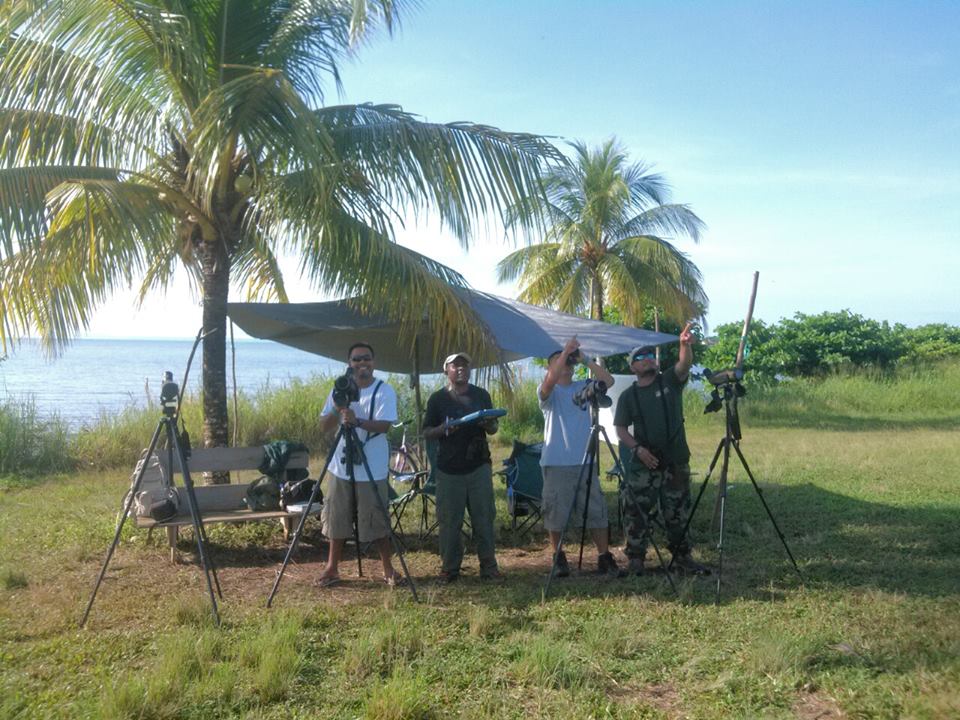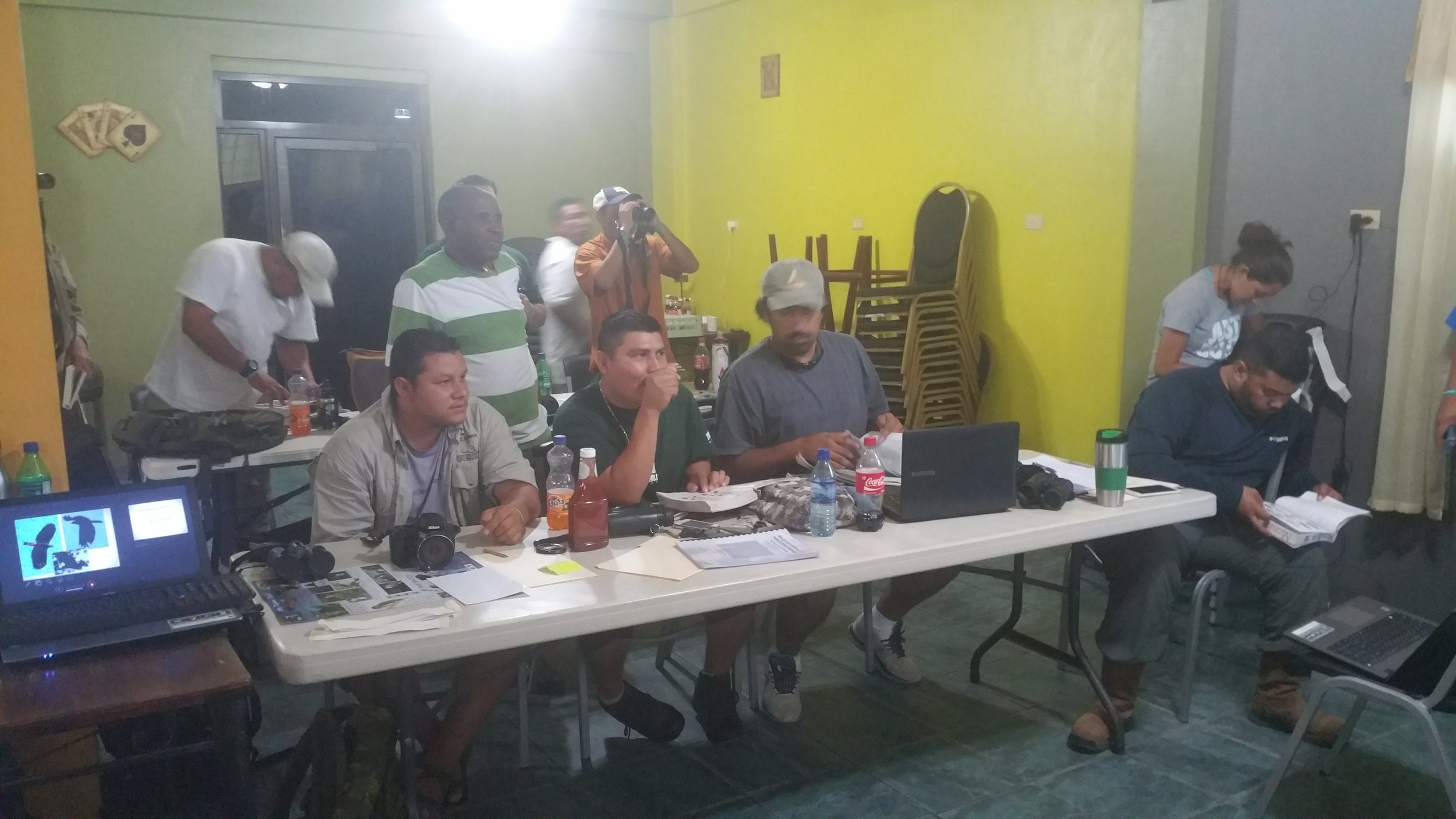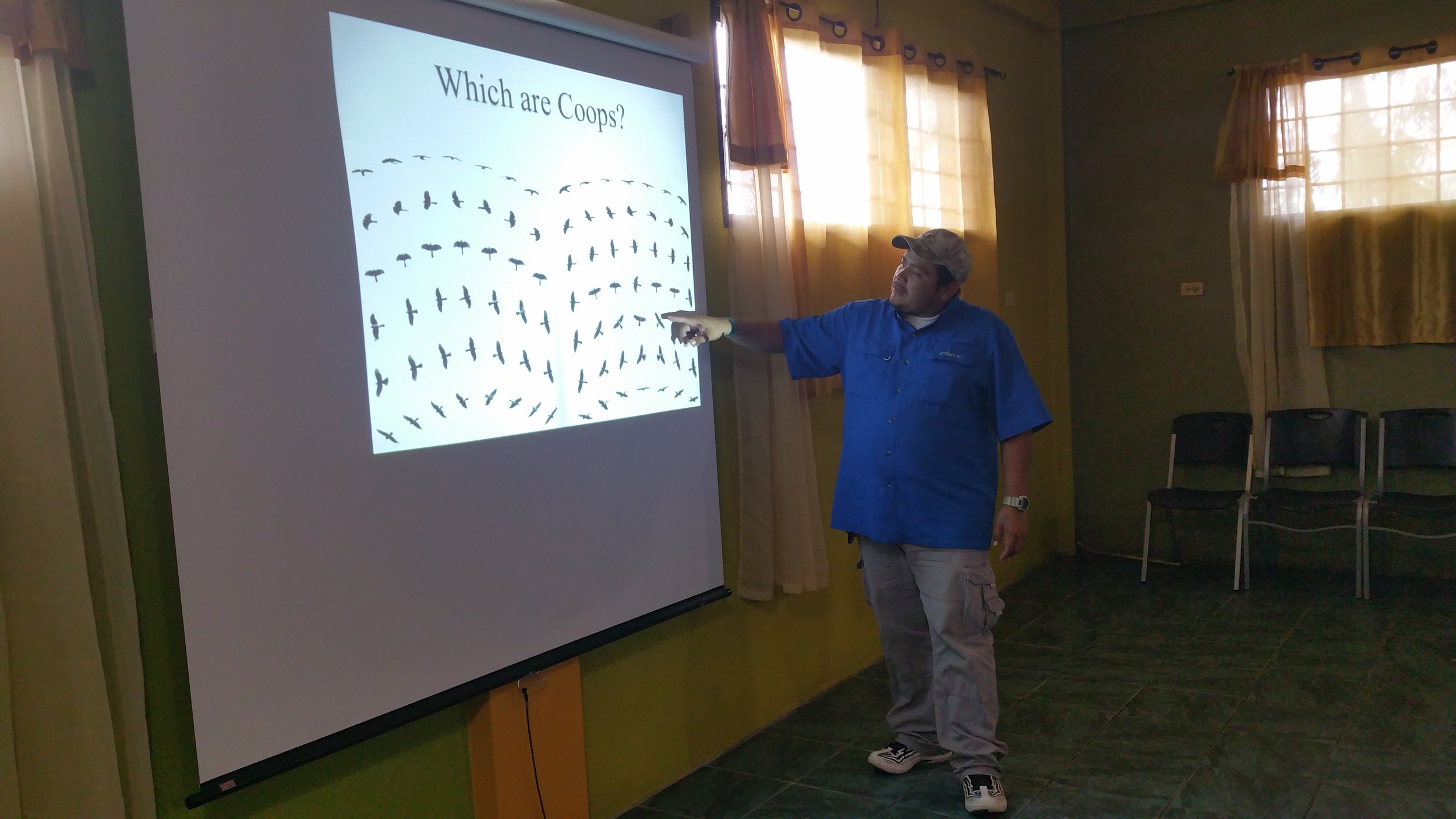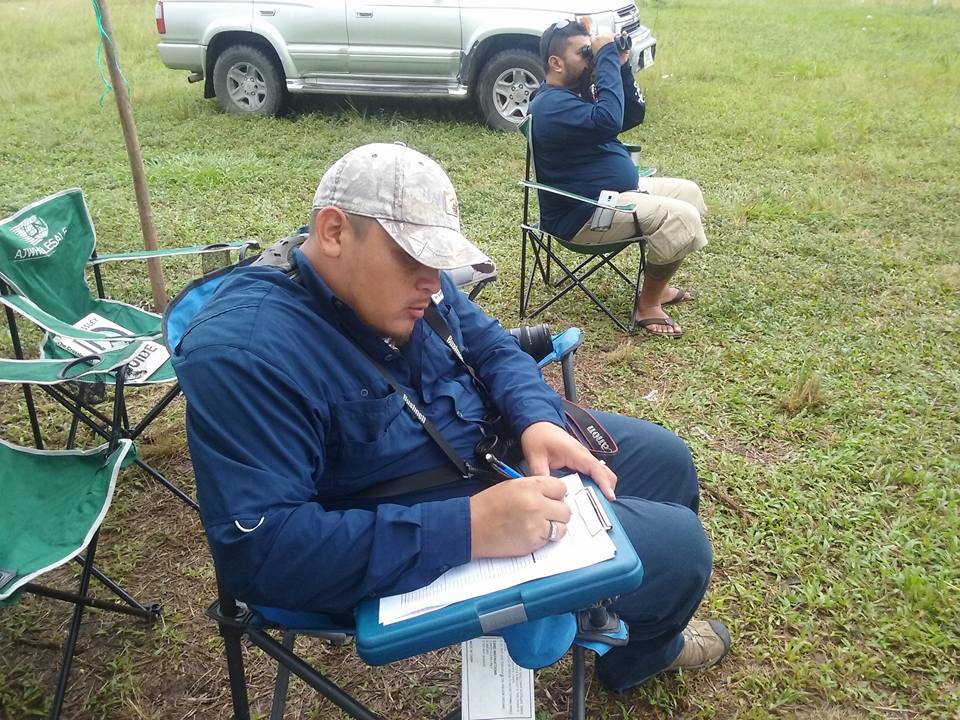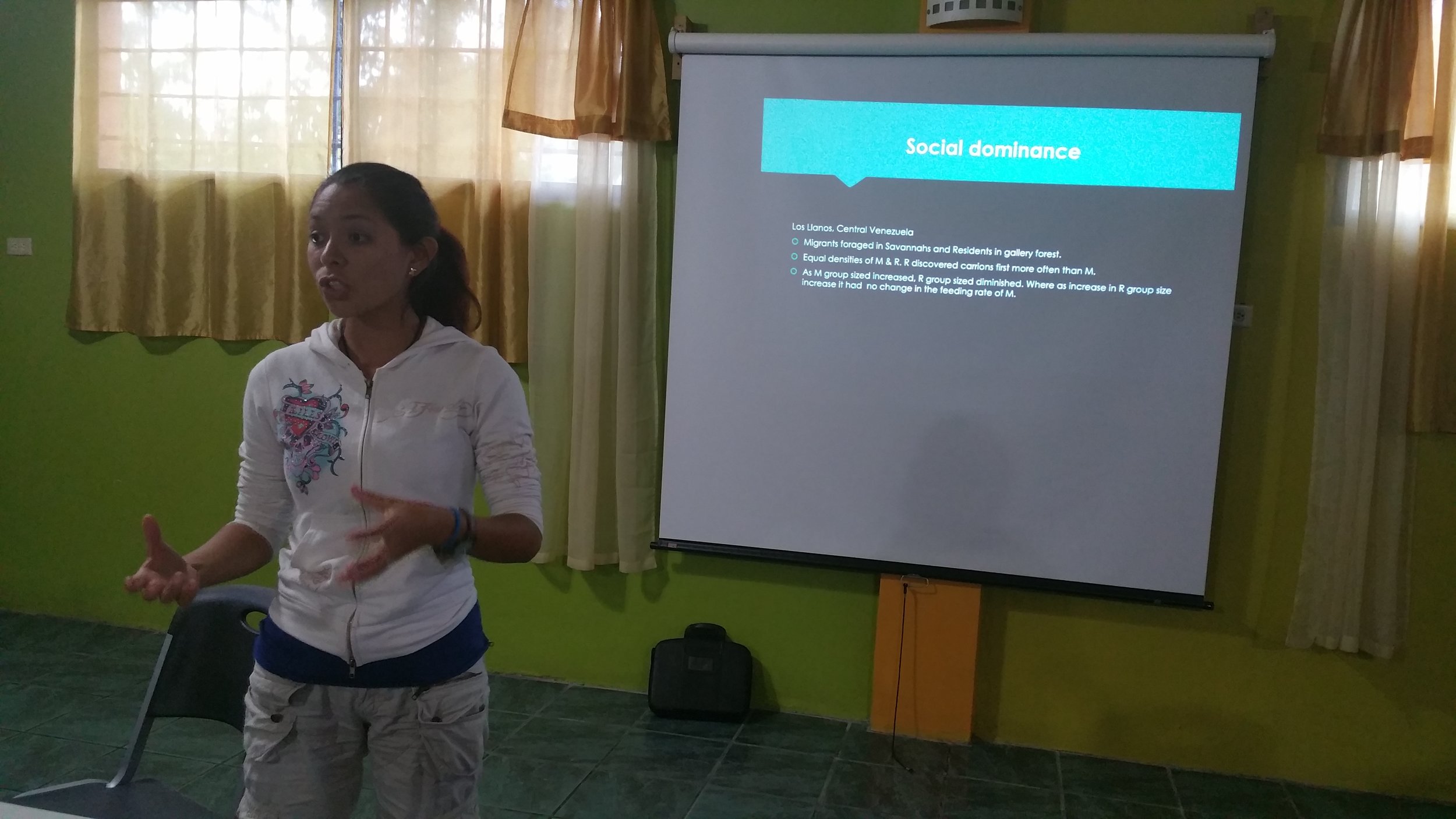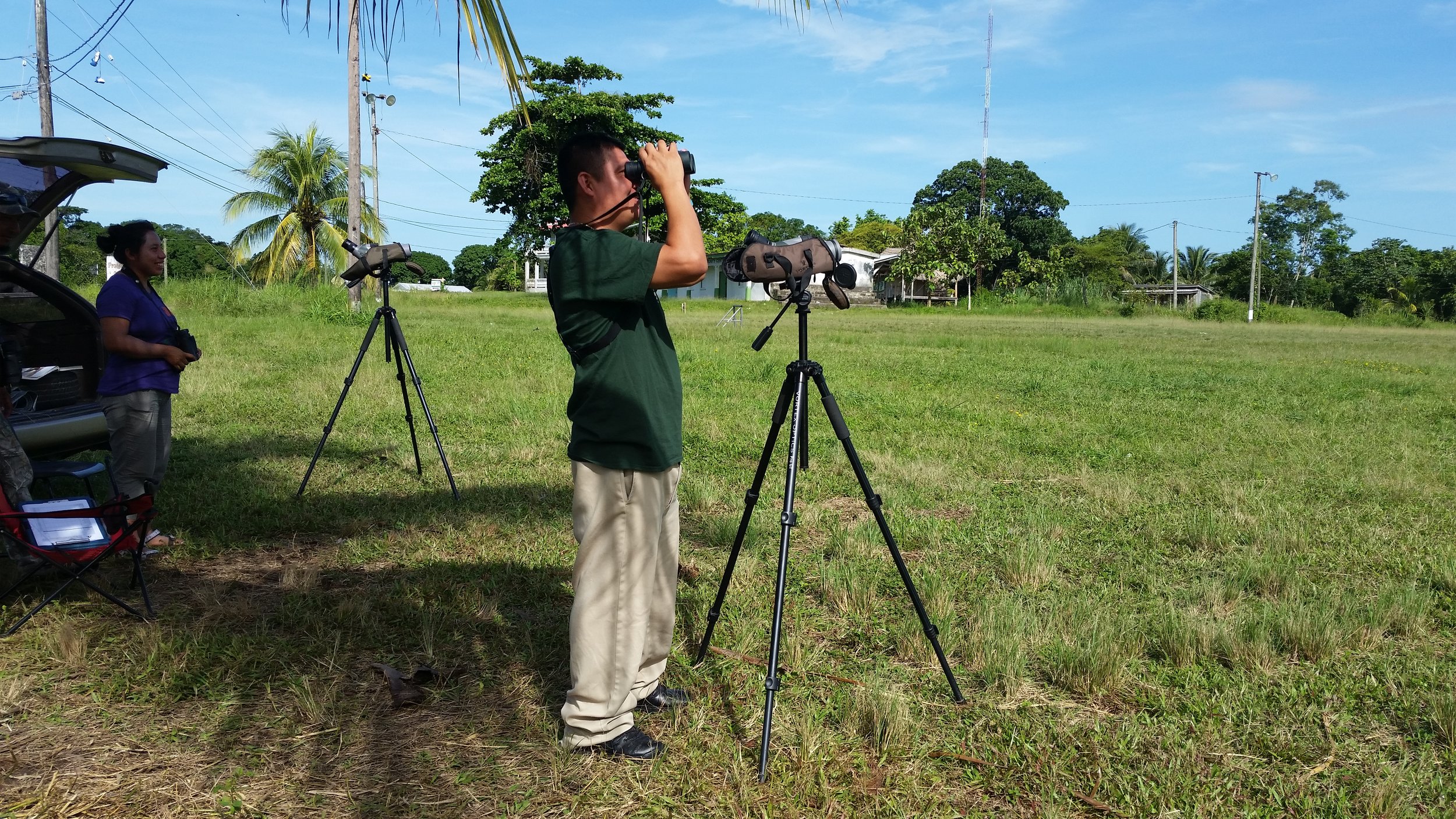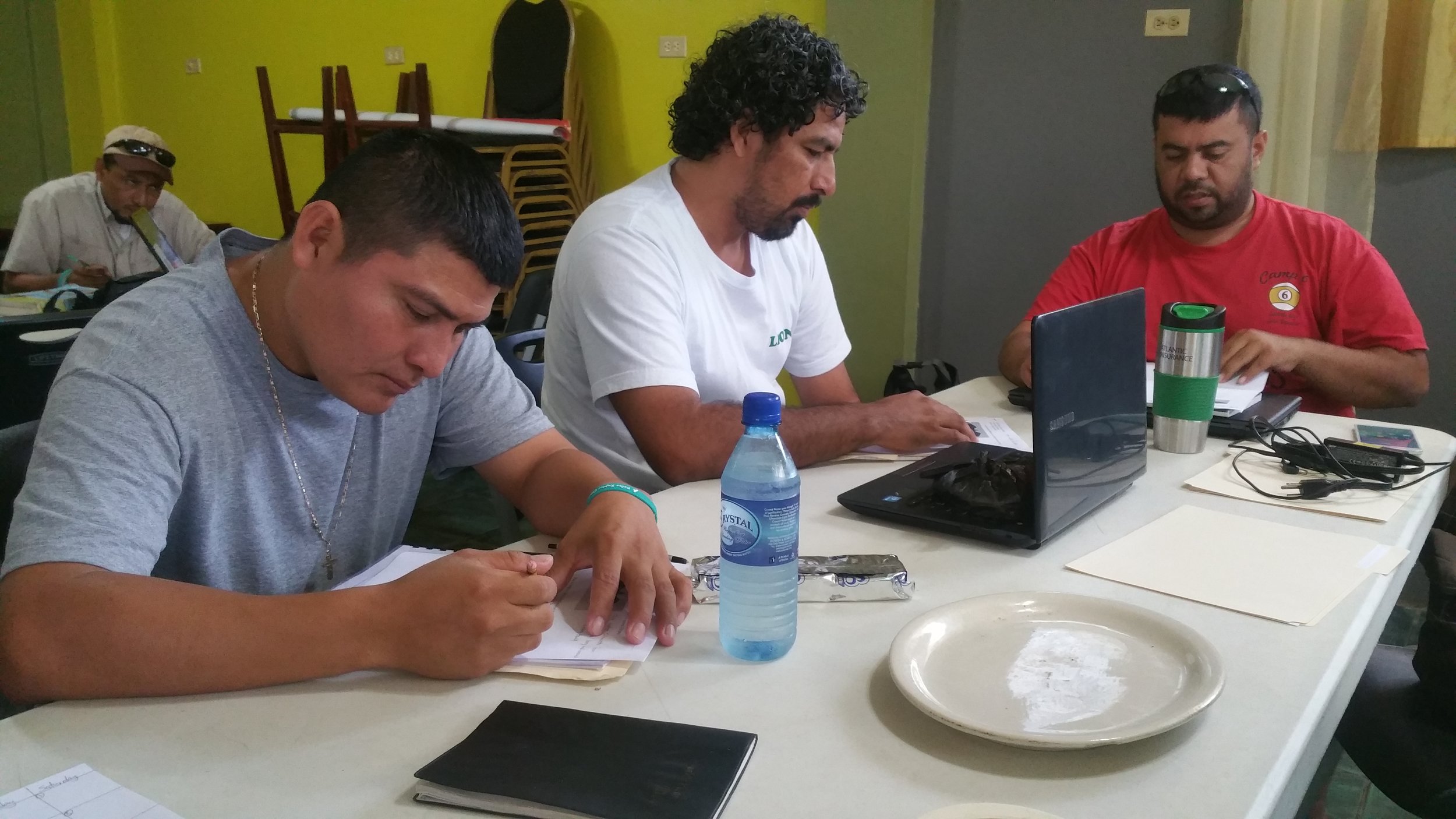Raptor Certification Program
We started the first Hawk Watch in Belize in 2013 in southern Belize, in Cattle Landing, Toledo. Raptor migration through Mesoamerica has been little studied and there are information gaps that need better understanding. Hawk watches globally have proven to be strong research and conservation tools for understanding raptor populations. Therefore, the goal was to create one in Belize to achieve this. This community-based project is a long-term project dedicated to learning more about raptors and to ultimately assist in their conservation by providing opportunities for Belizeans.
In 2016, we set out to grow local capacity and train future hawk watchers in Belize and increase local involvement and education in raptor ecology, identification and conservation by starting the first Raptor Certification Program in Central America.
Each season, this program trains Belizean interns in raptor research and conservation with a combination of an in-class theory component and a 20 day in-field portion where interns are trained side-by-side with our Hawk Watch Team. During the program interns are given multiple quizzes and assessments on different aspects of raptors such as identification and ecology. At the end of this comprehensive program interns that pass the program receive a certificate of completion and they gain valuable experience.
This Program is an annual program, which will coincides with our fall Hawk Watch Project to continue to build local capacity and train Belizeans in raptor biology. Contact us if you would like to be part of this program.
Each year we award the intern that excelled most in the program with the Jerry Liguori Award in honor of the great late raptor biologist, Jerry Liguori, and all the pioneering work he did for raptors.
Examples of the Certification Material Taught:
Module 1 Hawk Watch
What, why, objectives of a Hawkwatch: where are hawkwatches?
Hawkwatch methods: standardization and quality of data
How raptors migrate: routes, thermals, orthographic lift?
Raptor migration in Belize
The Cattle Landing hawk watch: 3 years of results and methods
Module 2: Raptor Classification and Taxa
Classification of raptors
Raptors of Belize (migratory vs resident)
Module 3: Raptor Biology and Ecology
Life cycle of a raptor
Habitats of raptors in Belize
Raptor senses
Foraging techniques and prey
Breeding biology (courtship, nest building, incubation, nestling, post-fledging periods)
Movement: migration, dispersal, floaters,
Module 4: Raptor Identification
General shapes and appearances
Characteristic terminology
Types of feathers
Hawks from every angle and at a distance
Aging raptors: molt schemes
Module 5: Why Raptors are important and good indicators
Indicators of intact ecosystems
Indicators of an environmental issue (DDT)
Indicators of climate change
Module 6: Threats to Raptors
Hunting/poaching (hawk mountain, chicken eaters)
Loss of habitat
Contamination (DDT, mercury, pesticides, rodenticides)
Wind farms
Module 7: Raptor research methods and its importance
Invasive vs non-invasive techniques
Trapping and banding
Telemetry
Nest surveys
If you are a Belizean that is interested in this program please contact us at belizebirdconservancy@gmail.com


